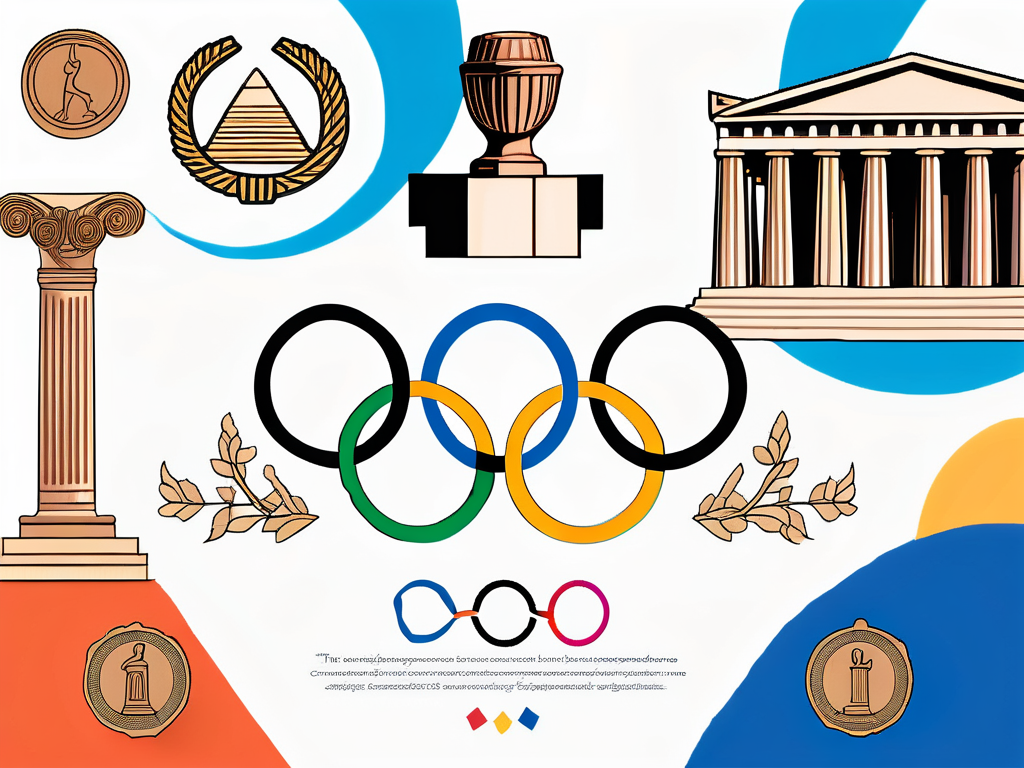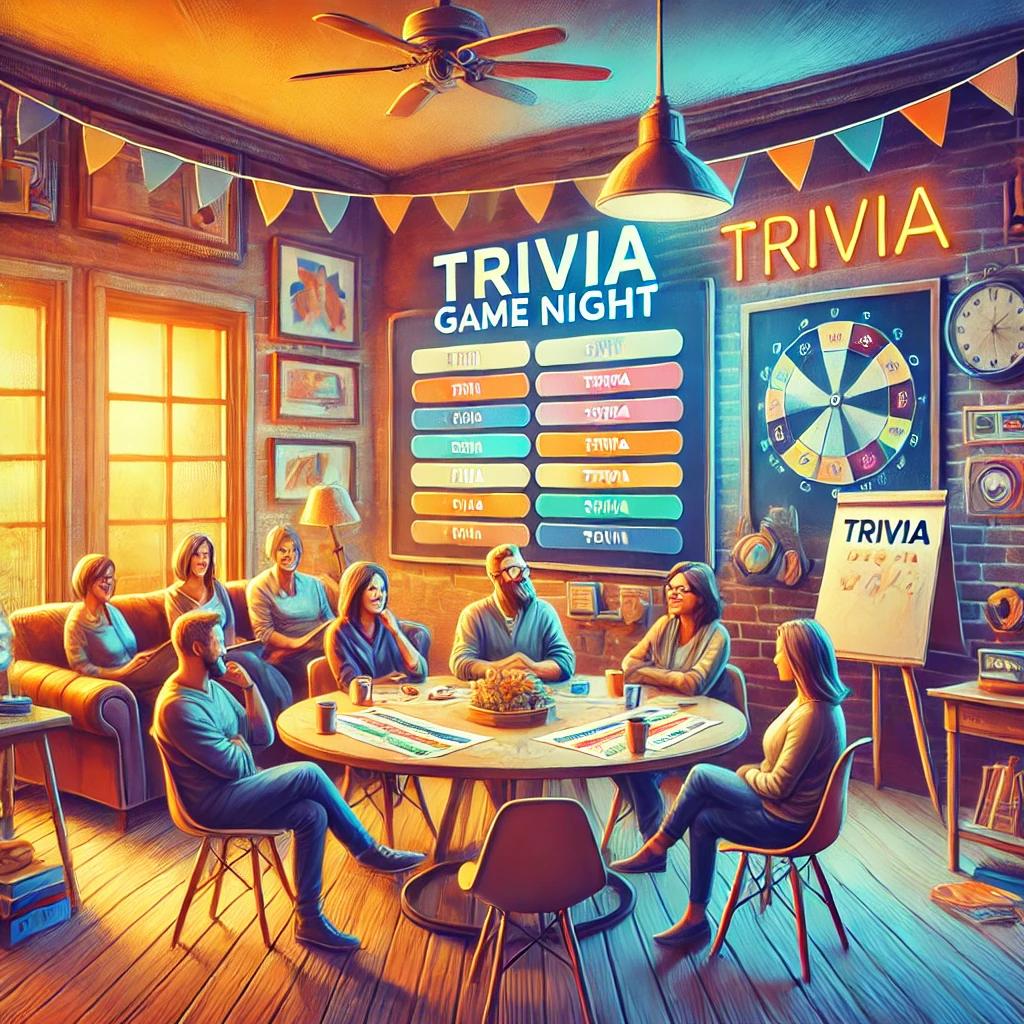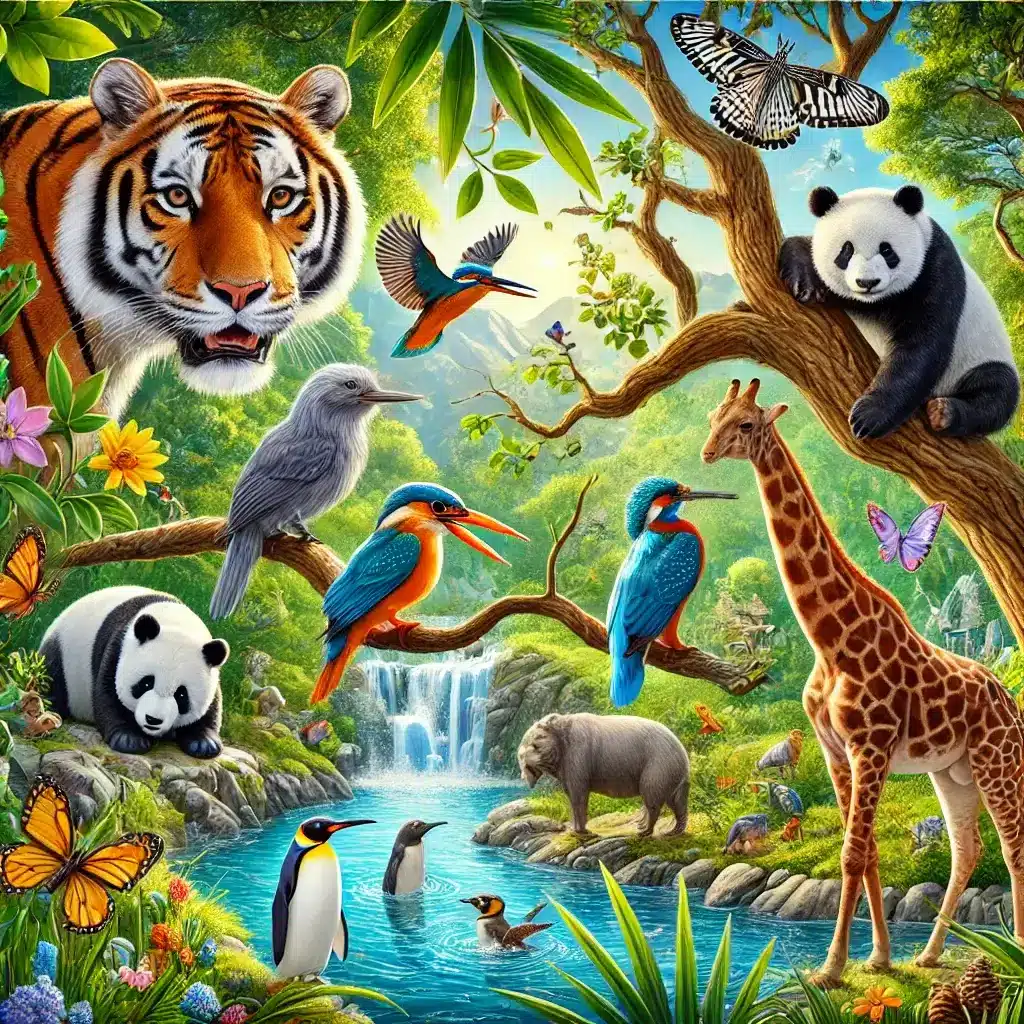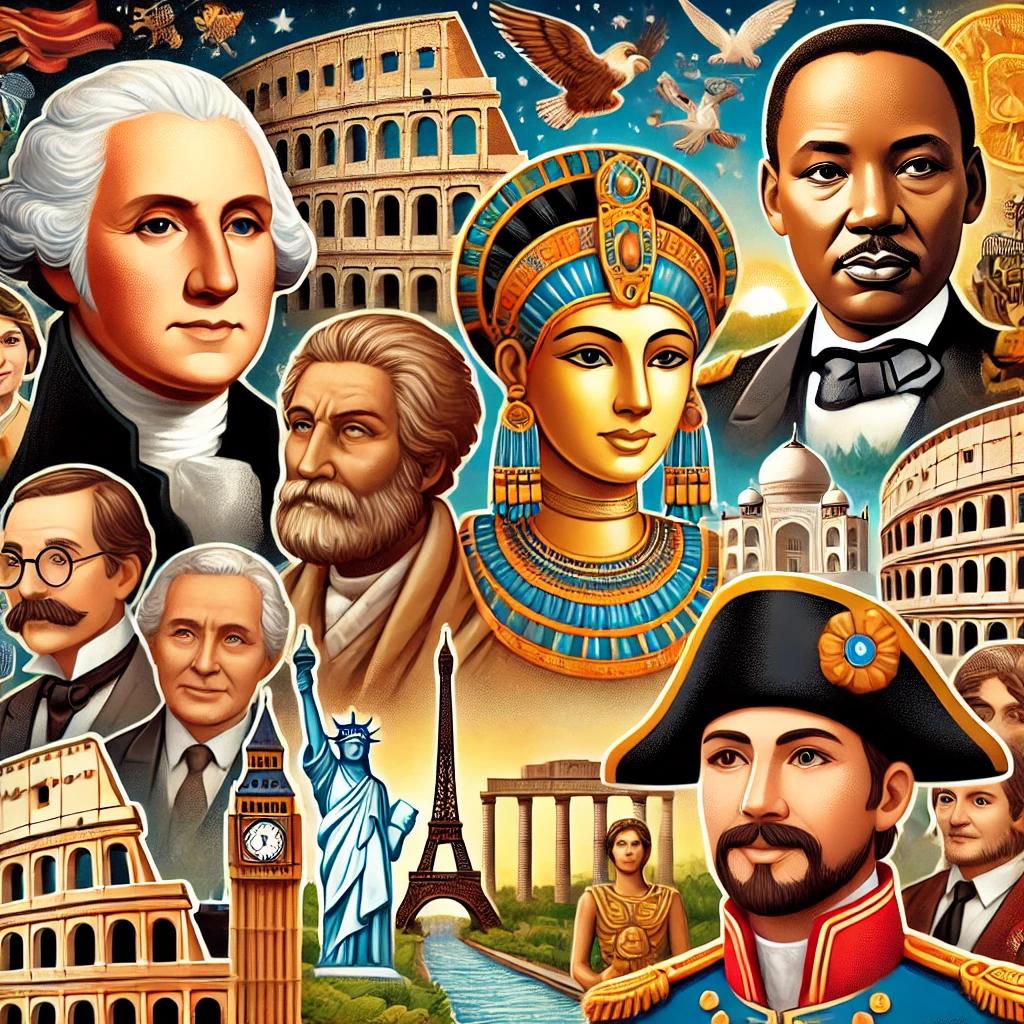The Olympics, the pinnacle of athletic prowess, have captivated audiences around the world for centuries. As the most prestigious international sporting event, the Olympics bring together athletes from different nations, cultures, and backgrounds to showcase their skills and compete for gold. But how much do you really know about the Olympics? In this article, we will explore 10 fascinating facts about the Olympics that will leave you amazed and enlightened. So sit back, relax, and get ready for some Olympics trivia!
The Origin and History of the Olympics
The Ancient Greek Olympics
The Olympics originated in ancient Greece, where they were held in honor of the Greek god Zeus. The ancient Greeks believed that physical fitness and sporting excellence were essential for a well-rounded citizen. The first recorded Olympic Games took place in 776 BC in the city of Olympia.
The ancient Olympic Games were quite different from the modern version. Only male athletes participated, and the events included races, wrestling, javelin throwing, and chariot racing. The games were held every four years and spanned five days.
One fascinating aspect of the ancient Greek Olympics was the tradition of the Olympic Truce. This truce was a sacred agreement among the city-states of Greece to cease all conflicts and wars during the games. It allowed athletes and spectators to travel to Olympia safely, ensuring the peaceful conduct of the competitions.
The Revival of Modern Olympics
After a hiatus of more than 1,500 years, the modern Olympics were revived in 1896. The renowned French educator Baron Pierre de Coubertin was instrumental in bringing back the games. The first modern Olympics were held in Athens, Greece, and featured 285 athletes from 13 nations.
Since then, the Olympics have evolved leaps and bounds, with the inclusion of women’s sports, new disciplines, and technological advancements. Today, the games are a global celebration of unity, competition, and human achievement.
The modern Olympics have also become a platform for political statements and protests. Athletes have used the games to raise awareness about various social issues, such as racial discrimination, gender inequality, and environmental concerns. This intersection of sports and activism has added another layer of significance to the Olympic movement, highlighting the power of athletes to drive positive change in society.
The Olympic Symbols and Their Meanings
The Olympic Rings
One of the most recognizable symbols of the Olympics is the five interlocking rings. The rings represent the five continents – Africa, Asia, America, Europe, and Oceania – coming together in friendly competition. The colors of the rings, blue, yellow, black, green, and red, were chosen because at least one of these colors appears on the flag of every nation.
The Olympic Rings were designed by Baron Pierre de Coubertin, the founder of the modern Olympic Games, in 1913. The symbol made its debut at the 1920 Antwerp Olympics and has since become an iconic representation of unity and sportsmanship across the globe.
The Olympic Flame and Torch Relay
The Olympic Flame represents the continuity between the ancient and modern games. It is lit using a parabolic mirror in Olympia, Greece, and then carried by a relay of torchbearers to the host city. The Olympic Flame is extinguished during the closing ceremony, marking the end of the games until the next edition.
The Torch Relay is an exciting tradition that showcases the Olympic spirit as the flame travels through various countries and communities, spreading excitement and unity along its route.
The idea of the Olympic Torch Relay was first introduced by Carl Diem, a German sports administrator, for the 1936 Berlin Olympics. The relay symbolizes the passing of Olympic traditions from one generation to the next, as each torchbearer carries the flame with pride and honor.
The Evolution of Olympic Sports
Early Olympic Sports
In the early years of the Olympics, the sports on the program were vastly different from what we see today. Some long-forgotten sports include chariot racing, rope climbing, and a discipline called “pankration,” which was a combination of wrestling and boxing. As the Olympics evolved, many of these sports were removed or replaced with more popular and inclusive events.
Recent Additions to the Olympic Games
The IOC (International Olympic Committee) constantly evaluates and updates the sports program to keep the games relevant and engaging. Recently, new sports such as skateboarding, sport climbing, surfing, and karate have been introduced to attract younger audiences and reflect the changing landscape of sports.

The Olympic Medal System
The Significance of Gold, Silver, and Bronze
Winning an Olympic medal is the ultimate achievement for athletes. The gold medal represents the highest honor, symbolizing victory and excellence. The silver medal signifies second place, while the bronze medal is a testament to the athlete’s determination and skill. Interestingly, the medals themselves are no longer made entirely of gold but are mostly comprised of silver with a thin layer of gold.
The Evolution of Medal Designs
The design of Olympic medals has varied over the years, with each host city adding their unique touch. From ancient Greek motifs to modern artistic interpretations, the evolution of medal designs mirrors the changing artistic trends and cultural significance of each edition of the games.
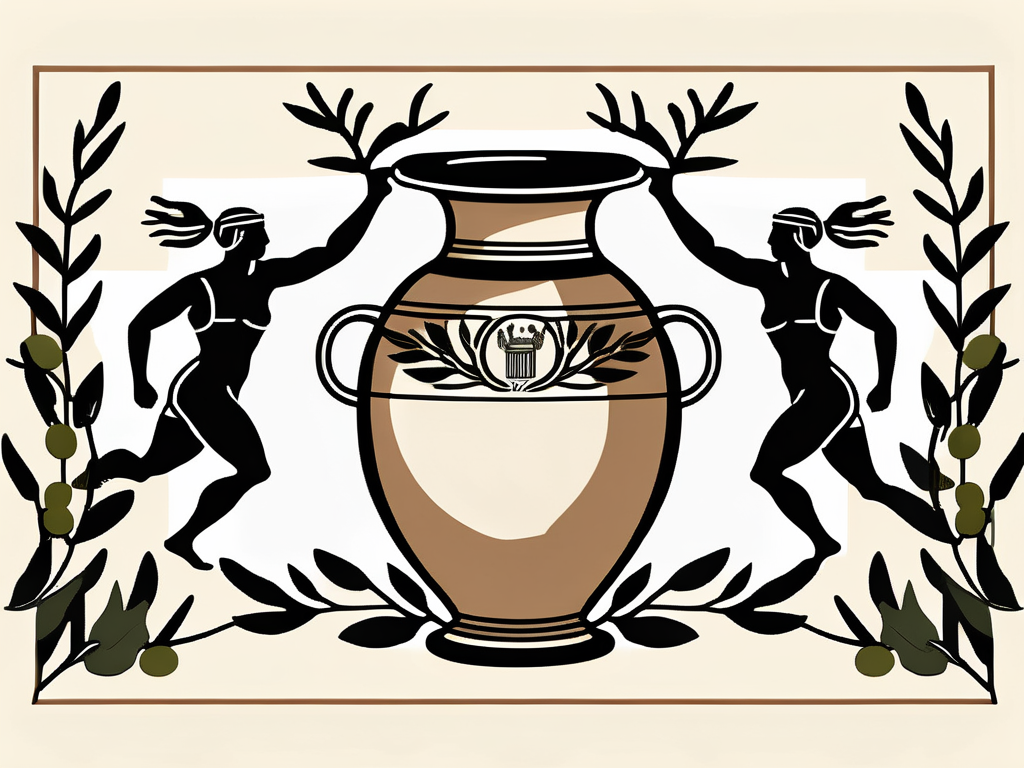
The Impact of the Olympics on Host Cities
Economic Impacts of Hosting the Olympics
Hosting the Olympics is a massive undertaking for any city. While it brings worldwide attention and tourism, the costs associated with infrastructure, security, and preparation can be astronomical. Nevertheless, many host cities view the games as an opportunity to boost their economy, revitalize urban areas, and leave a lasting legacy for their citizens.
Cultural and Social Impacts
Beyond the economic impact, hosting the Olympics also provides a platform for host cities to showcase their unique culture, history, and traditions to the world. The games promote intercultural exchange, foster understanding between nations, and leave a lasting impact on both the local and international communities.
Now that we have explored these 10 fascinating facts about the Olympics, let’s test your knowledge with some Olympics trivia!
Which ancient city was the birthplace of the Olympic Games?
- Athens
- Olympia
- Rome
- Athlantis
Who was the founder of the modern Olympics?
- Baron Pierre de Coubertin
- Aristotle
- Leonardo da Vinci
- William Shakespeare
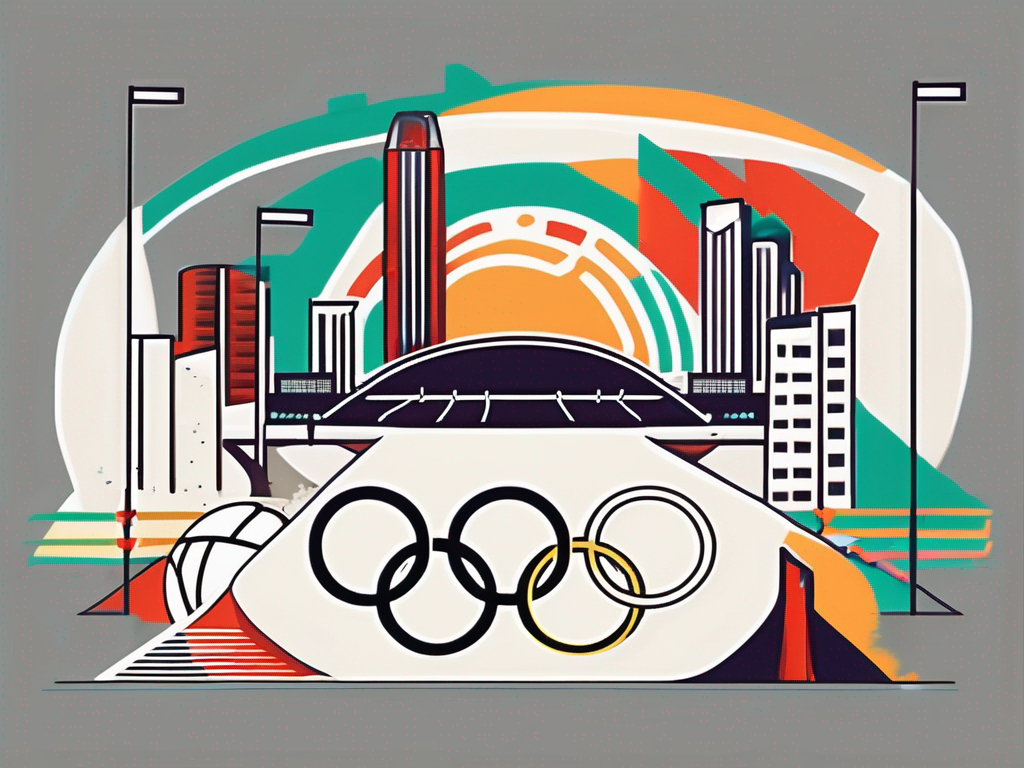
These trivia questions are just a teaser of the vast knowledge and excitement that the Olympics bring. The games are not only about athletic competition but also about the celebration of our shared humanity and the triumph of the human spirit. So, the next time you watch the Olympics, remember the fascinating facts and trivia you’ve learned and revel in the wonder and awe that this extraordinary event brings.
- Olympia (b)
- Baron Pierre de Coubertin (a)
